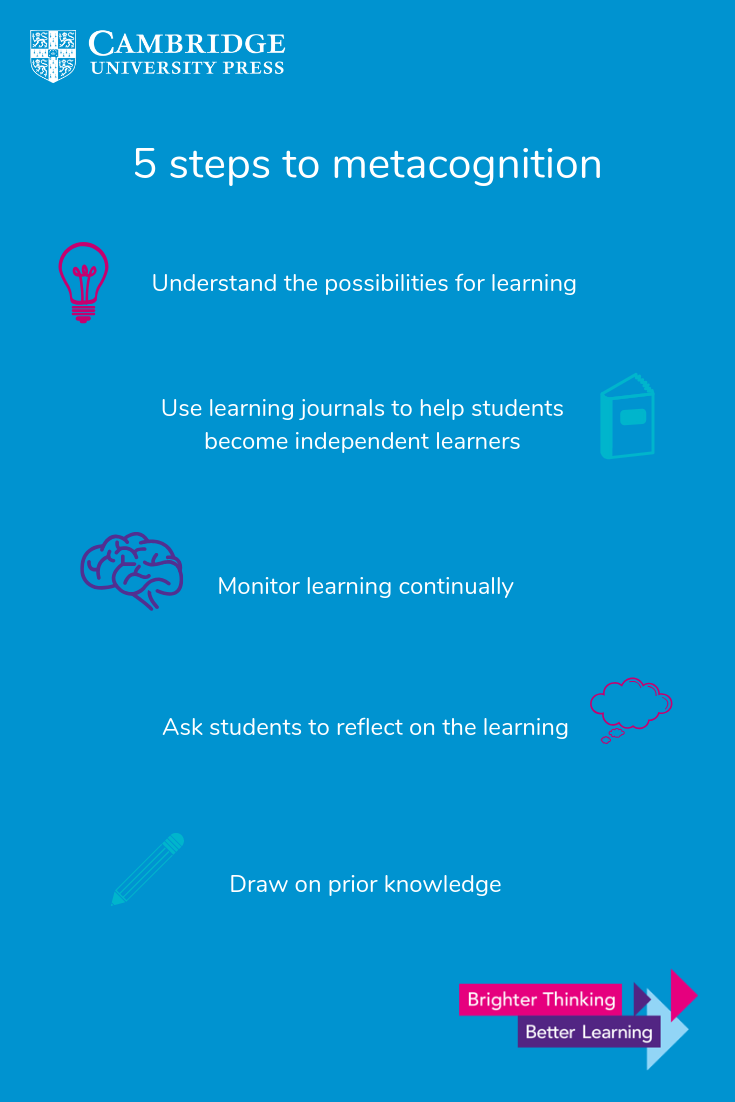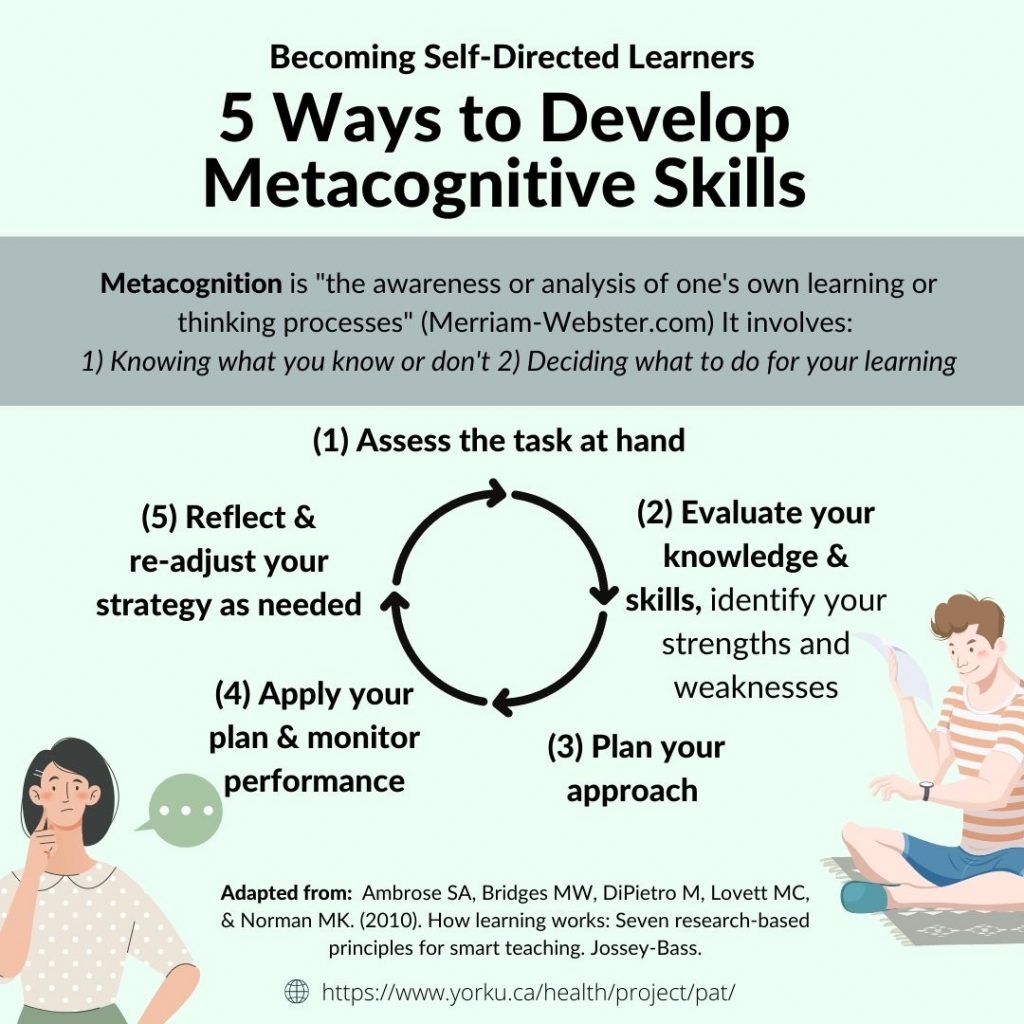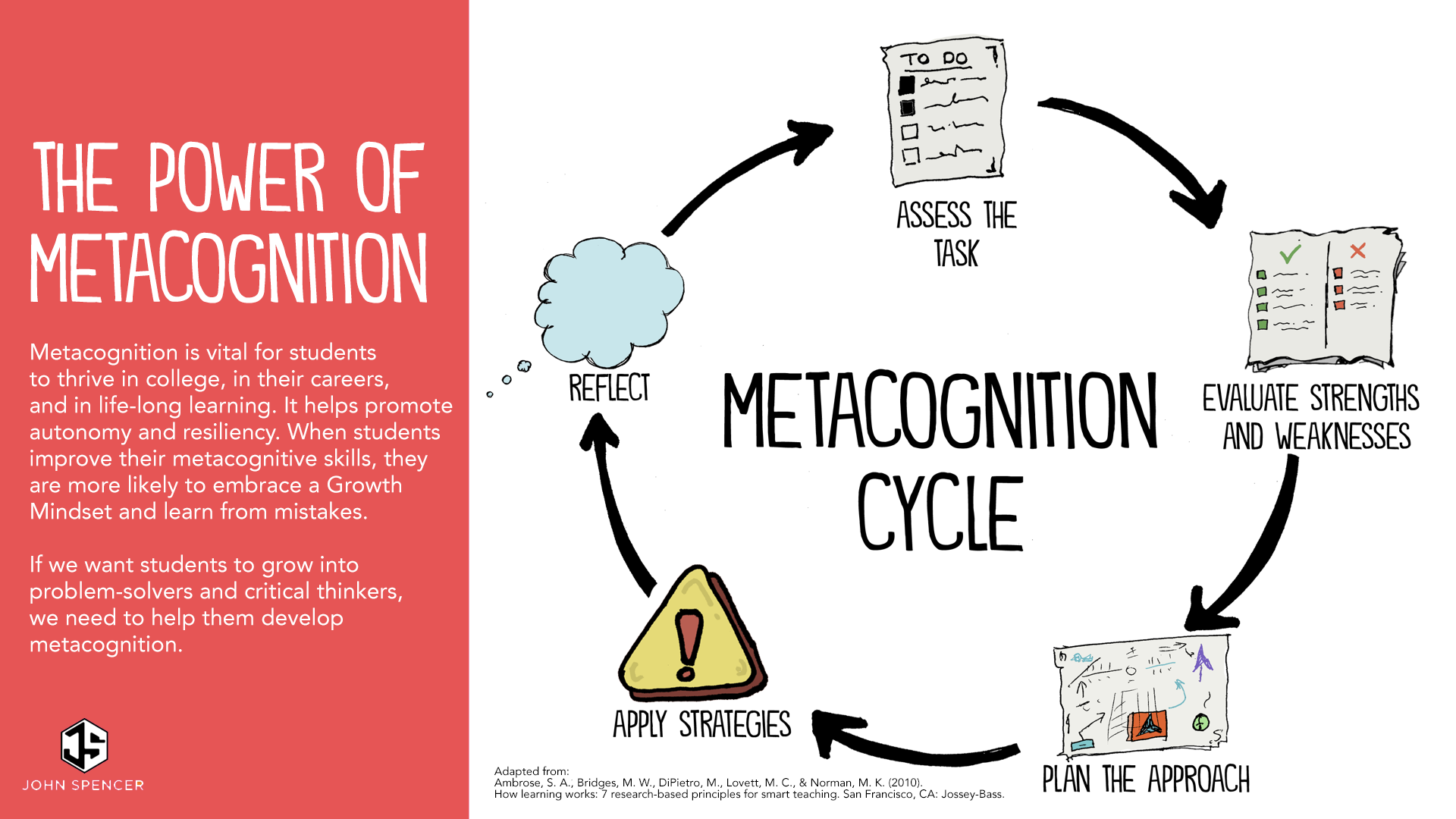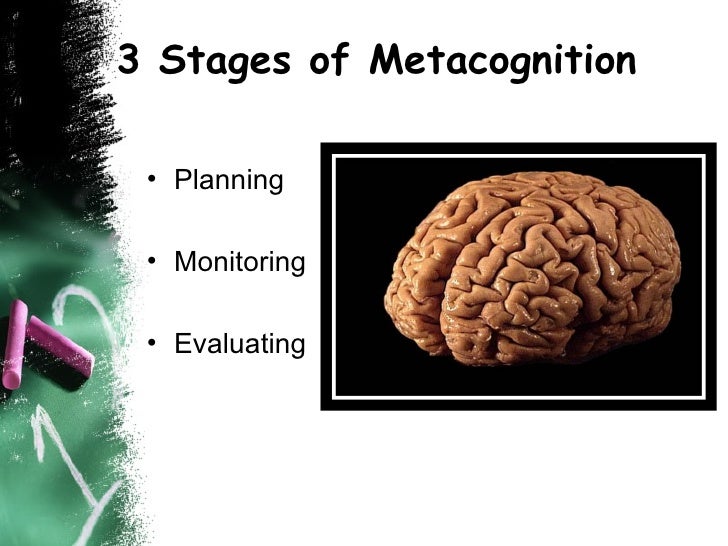First Class Info About How To Develop Metacognition

We argue that to improve our understanding of metacognition, future research needs to (i) investigate the degree to which different protocols relate to the similar or different metacognitive constructs and processes, (ii) implement experiments to identify neural substrates necessary for metacognition based on protocols used in educational.
How to develop metacognition. The literature on expertise highlights the importance of metacognitive skills. Ask students what they find confusing,. We recommend the simple definition “thinking about your thinking as a pathway to better learning.”.
Ask students to submit a reflection on a topic before reading a text and then revisit that reflection after the reading. Takeaways at the end of this lesson, students will be able to define metacognition, understand the techniques, and reflect on how it can improve their learning. Explicitly teach students metacognitive strategies to increase students’ monitoring skills.
Early in the discussion about metacognition, ask students to describe the. Especially with younger students, a metaphor such as driving their brains concretizes this abstract concept. It is an increasingly useful mechanism to enhance student learning, both for immediate outcomes and for helping students to understand their own learning.
Teach students how their brains are wired for growth. Giving students license to identify confusions within the classroom culture: In the metacognitive process, learners tap into their prior experiences to develop a plan, achieve a goal, select strategies, monitor progress and reflect on what and how they learned.
Scaffolding is an effective form of guided practice: How can kids learn to be more metacognitive? If you have additional ideas, i’d love for you to share them in the comments section at the bottom of this post.
8 ways to develop metacognitive skills 1. We argue that to improve our understanding of metacognition, future research needs to (i) investigate the degree to which different protocols relate to the similar or different metacognitive. How does metacognition help kids?
Metacognitive knowledge and metacognitive regulation. Start by defining the term. The beliefs that students adopt about learning and their own brains will affect their performance.
Metacognition, or thinking about one’s thinking, is essential to the development of social and emotional intelligence. Students with strong metacognitive skills are positioned to learn more and perform better than peers who are still developing their metacognition (e.g., wang et al., 1990 ). They will know how to become a metacognitive learner, understand the task, set goals and plan, learn, monitor, and adjust.
Some of them are based on careful consideration, some are based on past experiences, and some. There are things we know we know.
We make decisions all day long. Teachers can encourage the development of metacognition in the classroom by giving students the opportunity to use metacognitive strategies at key stages of a task. The process of supporting students to answer a question through a series of hints or prompts.
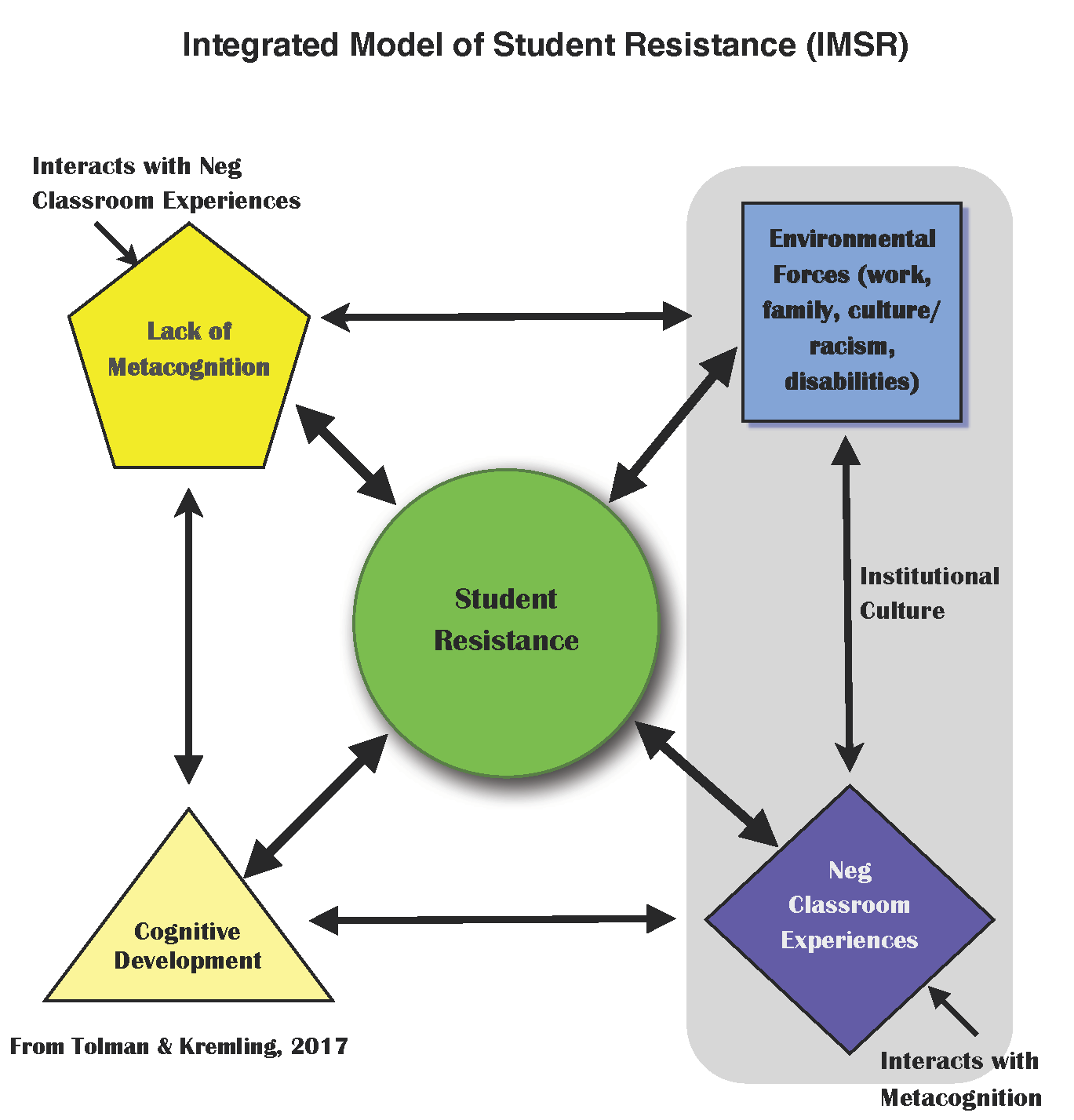


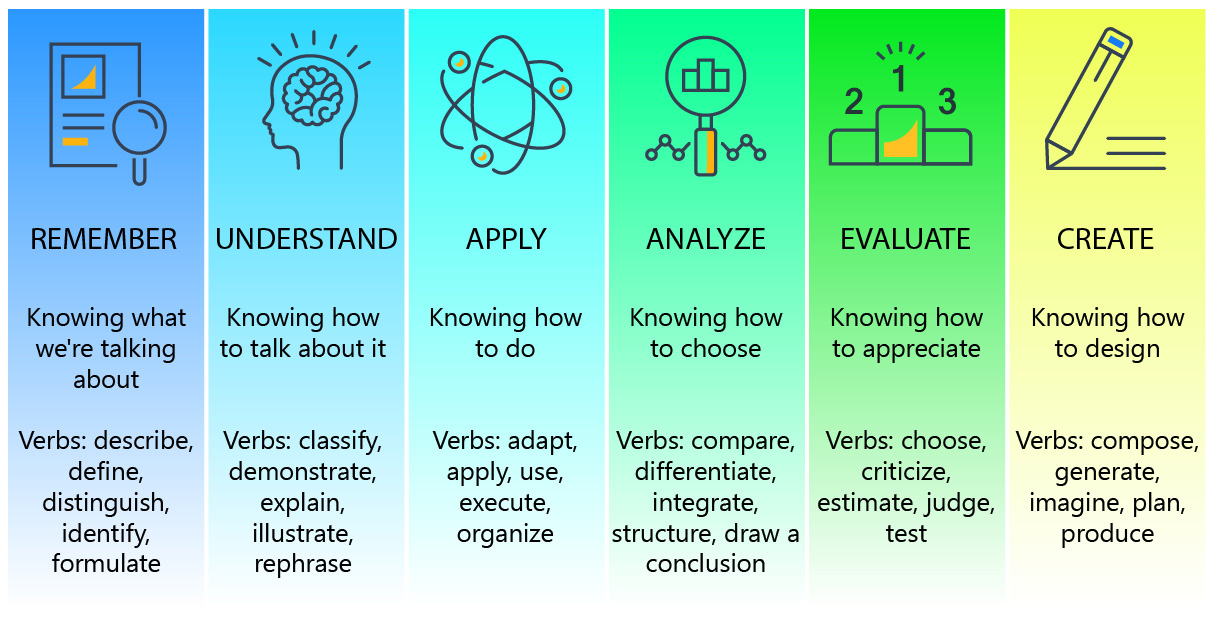



.png)



